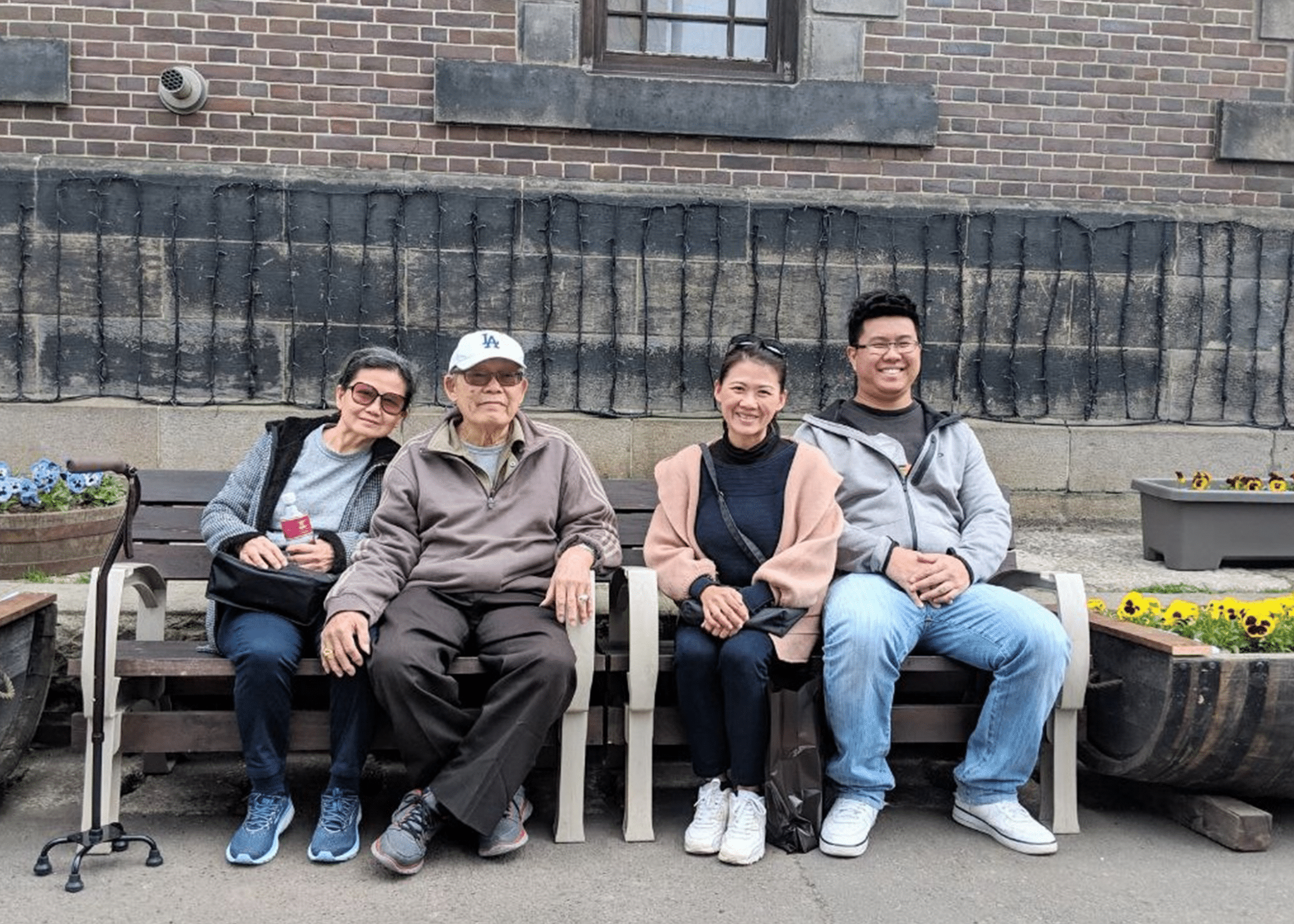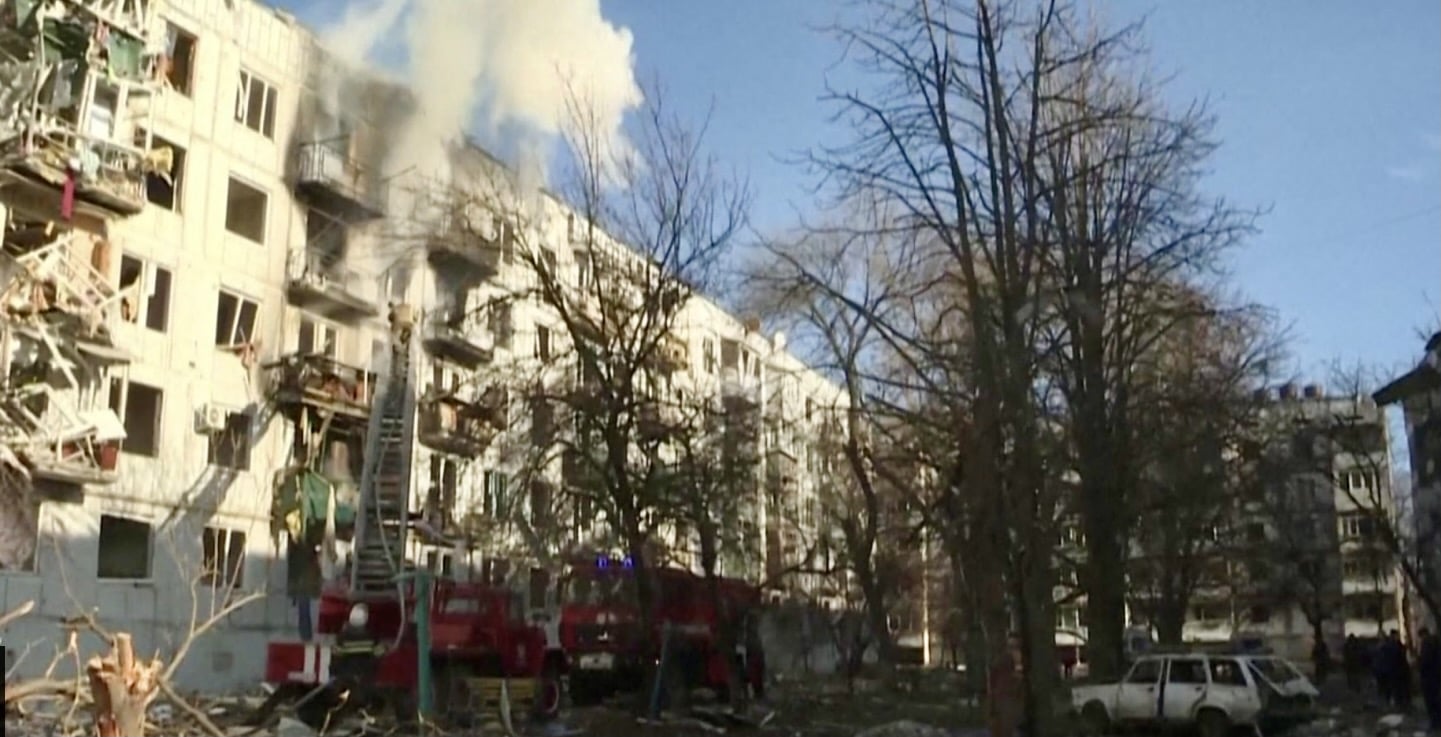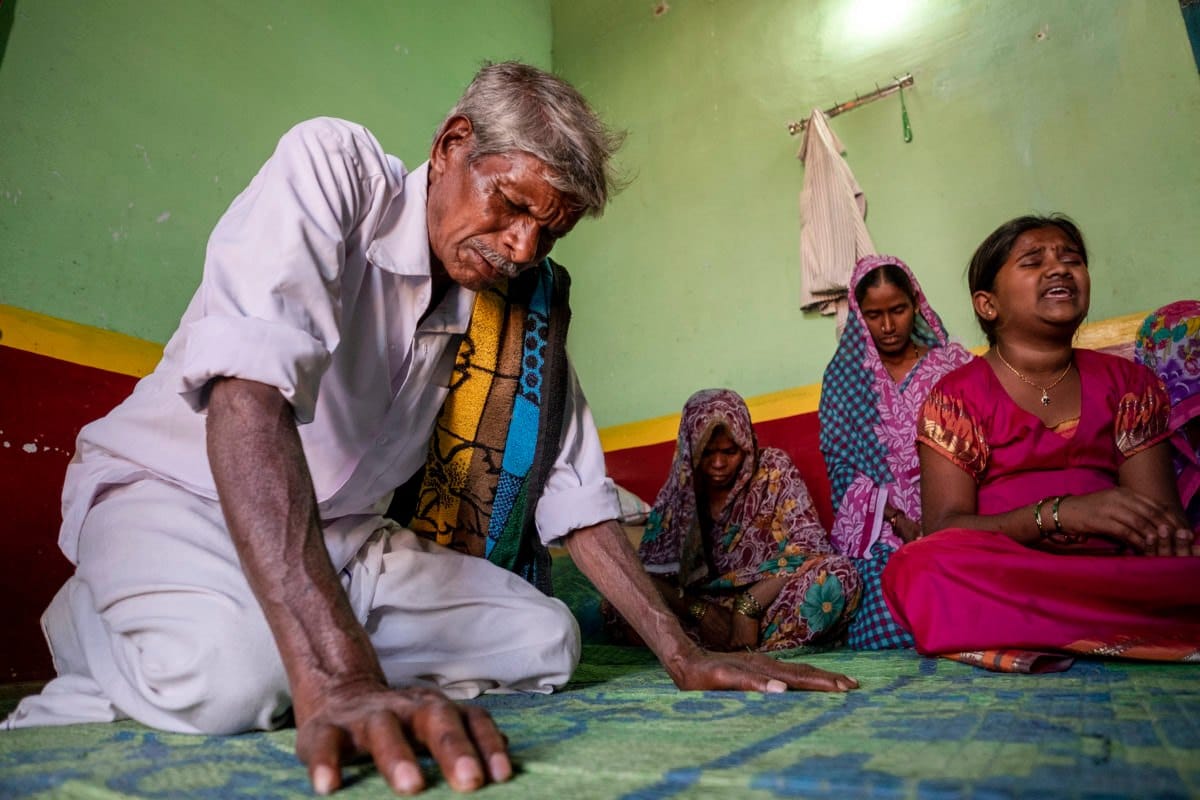“Steep increase” of 15 million more Christians severely persecuted for their faith compared to last year: World Watch List 2025
by Gracia Lee // February 10, 2025, 2:44 pm
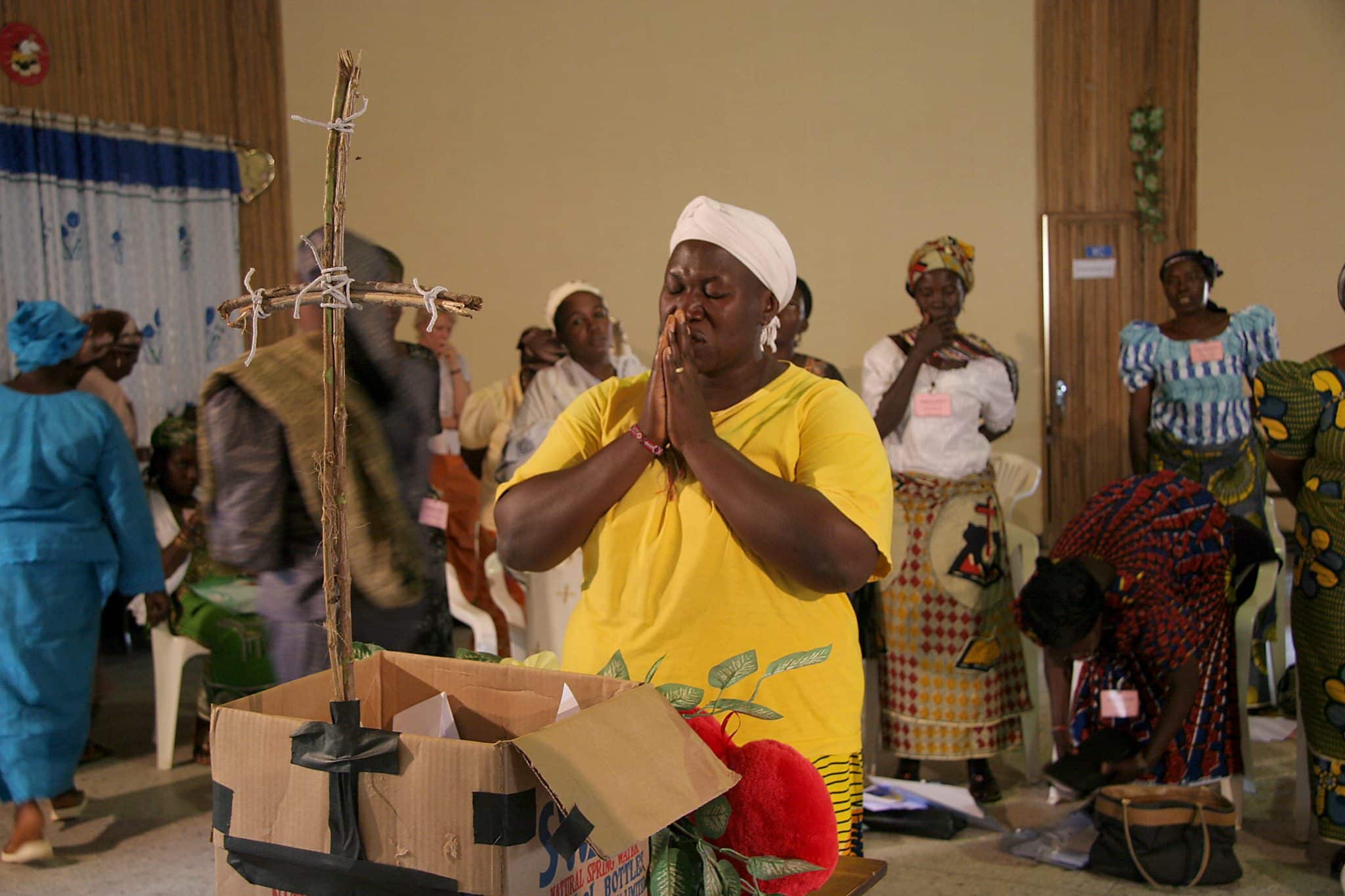
A Nigerian widow, Monica Luca, forgiving her persecutors at a Women's Retreat. All photos courtesy of Open Doors.
More than 380 million Christians – or 1 in 7 – worldwide suffer severe discrimination and persecution for their faith today, according to the recently released World Watch List 2025.
This is an increase of 15 million from last year’s figures, and a rise of 140 million since 2018, noted Open Doors International, which published the annual investigative report. It ranks the top 50 countries where Christian persecution is the worst.

The Top 50 countries in the world where it’s most dangerous to be a Christian.
Countries are given a persecution score based on six categories: Pressure levels in private life; family life; community life, and national life; of church communities; along with violence levels. This year’s list was based on data from October 1, 2023 to September 30, 2024.
In a press release, Open Doors attributed the “steep increase” to two factors: growing chaos like conflicts, terrorism and organised crime; as well as increased control by authoritative regimes opposed to Christian minorities.
Salt&Light highlights five key findings from this year’s report.
1. North Korea remains the most dangerous country to be a Christian
North Korea, which has an estimated 300,000 to 500,000 Christians, has topped the World Watch List every year since 2002, save one.
In a country where any manifestation of religious beliefs is prohibited, it is “almost impossible” for these believers to gather in worship or profess their faith due to a “complete denial of rights”, noted Open Doors in the 2025 report.
If discovered, Christians risk being deported to political prison camps, forced into hard labour or executed. Even non-Christian descendants from Christian families are legally discriminated against under a classification system.
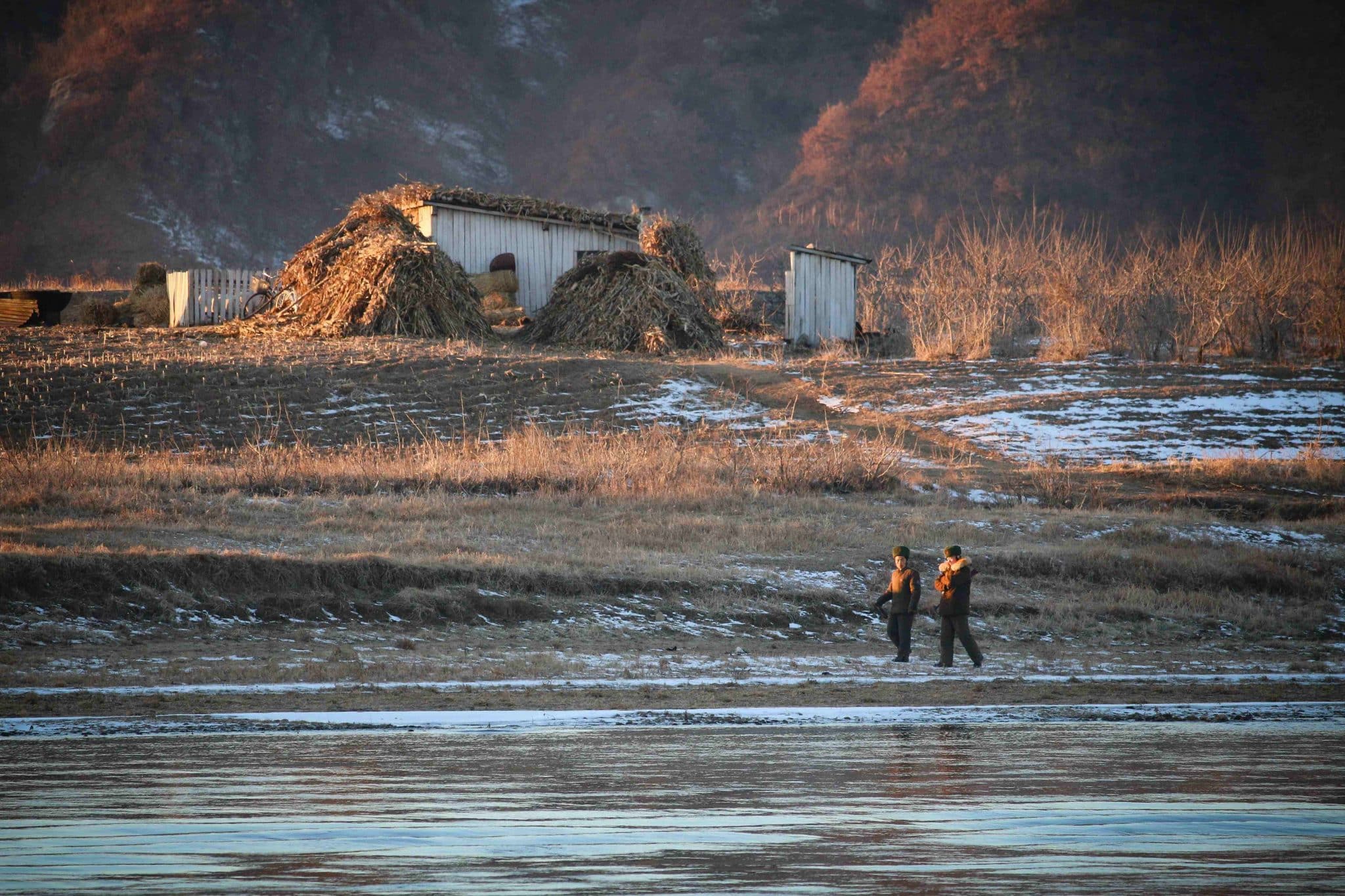
North Korean soldiers on duty.
Escape is an equally risky option. Those who flee the country are considered criminals and face harsh punishment when they are captured and forcibly repatriated to North Korea.
Jung Jik (not his real name), a North Korean Christian who is seeking refuge in South Korea, recounted how his father had been tortured to death in prison for believing in Jesus.
He said: “I’ve now been in South Korea for some years, but my heart still yearns for North Korea.
“I believe the time is near before we will see big changes in North Korea. Yes, I realise that the situation only seems to grow more dim. I see the situation is worsening, but we must remember that the night is darkest before sunrise.”
2. Governments are leveraging new technology to persecute Christians
Governments in countries like China (#15) and Iran (#9) are using artificial intelligence (AI)-powered surveillance systems like facial recognition, data analytics and biometric profiling to track, monitor and suppress Christians, reported Open Doors.
“I see the situation is worsening, but we must remember that the night is darkest before sunrise.”
“In China, facial recognition allows the Chinese Communist Party to monitor those who attend religious ceremonies, and the integrated AI social scoring system allows them to track and monitor religious groups at a level that was simply not possible before,” the report read.
All state-approved churches must also install facial recognition cameras or be shut down.
Other examples of authoritarian governments leveraging technology to persecute and censor Christians include using drones to locate and attack them, monitoring their cell phones, shutting down online religious meetings remotely and banning Bible mobile applications.
“The digital space, which once promised unbound freedom and connection, is being weaponised. It risks becoming a tool of the most extreme ideologies and of exacerbating the suffering of millions worldwide,” noted the report.
3. Central Asia saw the greatest increase in persecution of Christians
Authorities in Central Asia have long imposed restrictions on religious gatherings, literature and other activities. However, the Church has continued to grow despite these measures.
In an effort to curb this, there were a wave of arrests and interrogations of Christians in 2024, according to Open Doors.
For the first time since 2013, Kyrgyzstan (#47) returned to the World Watch List. The country had the greatest increase in its persecution score, with the primary reason being a sharp uptick in violence against the Church.
“For example, the Baptist Union reported that on multiple occasions during the year, local residents hurled stones at the office of a Christian organisation in Karakul in an attempt to drive it off its property,” read the report.
“In March, representatives of the State Commission on Religious Affairs, some armed, raided St Nicholas Catholic Church in Talas, forced departing worshippers back inside, and held the congregation there until two nuns had signed a statement admitting to ‘illegal missionary activities’ and ‘spreading their ideology’.”
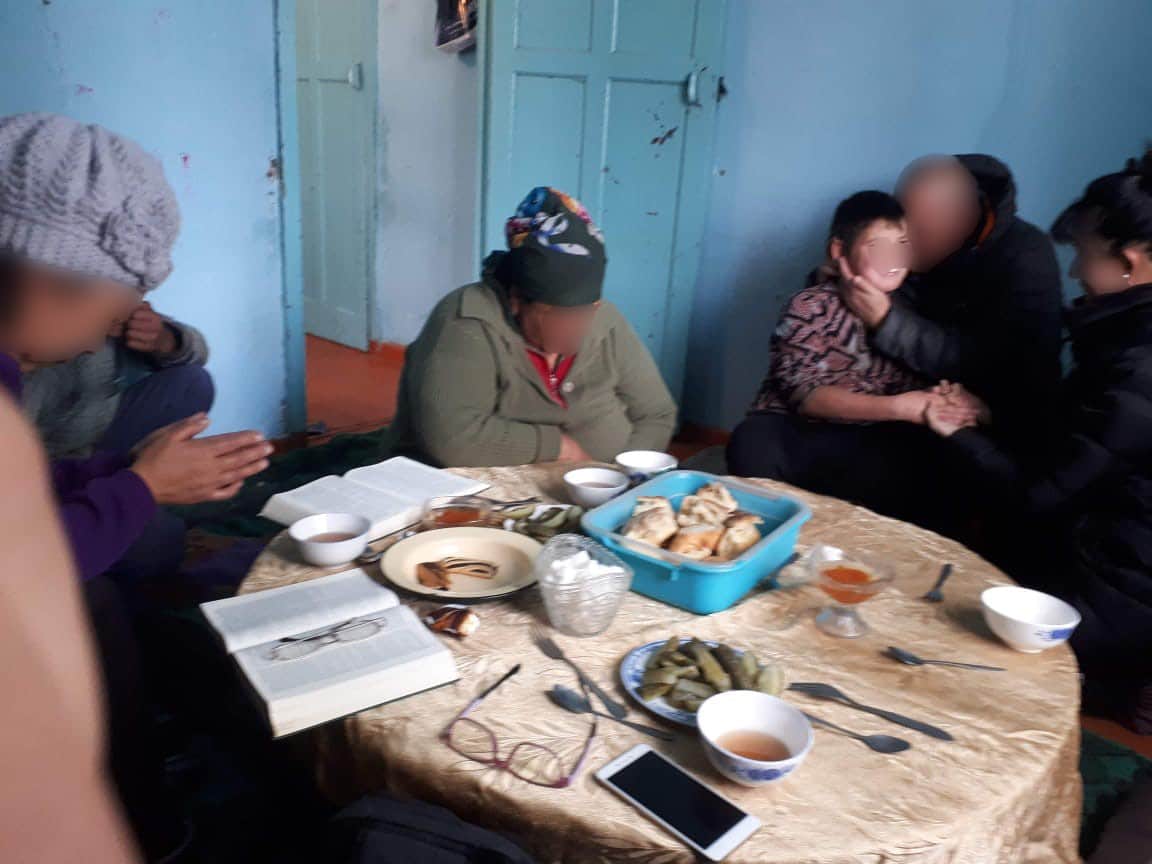
A persecuted house church in Kyrgyzstan.
In neighbouring Kazakhstan, which rose nine places to #38 due to greater increase in violence against Christians, Open Doors said they received reports of police raids on four worship meetings of three unregistered Protestants communities.
“Sources also reported that at least 20 Christian women were sexually abused because of their religion, and at least as many were forcibly married to Muslim men. Such numbers are tiny in a country of 20 million people, but they are a noticeable departure from the immediate past,” the report read.
Other Central Asian countries like Tajikistan (#39), Turkmenistan (#29) and Uzbekistan (#25) also retained their spots in the top 50 most persecuted countries.
4. The displacement crisis in Sub-Saharan Africa is making Christians more vulnerable
Notably, 15 of the top 50 countries – and four of the top 10 (Somalia, Sudan, Eritrea and Nigeria) – on the World Watch List are from Sub-Saharan Africa.
More people in the region are being forcibly displaced due to escalating extremist violence, environmental crises and socio-political instability.
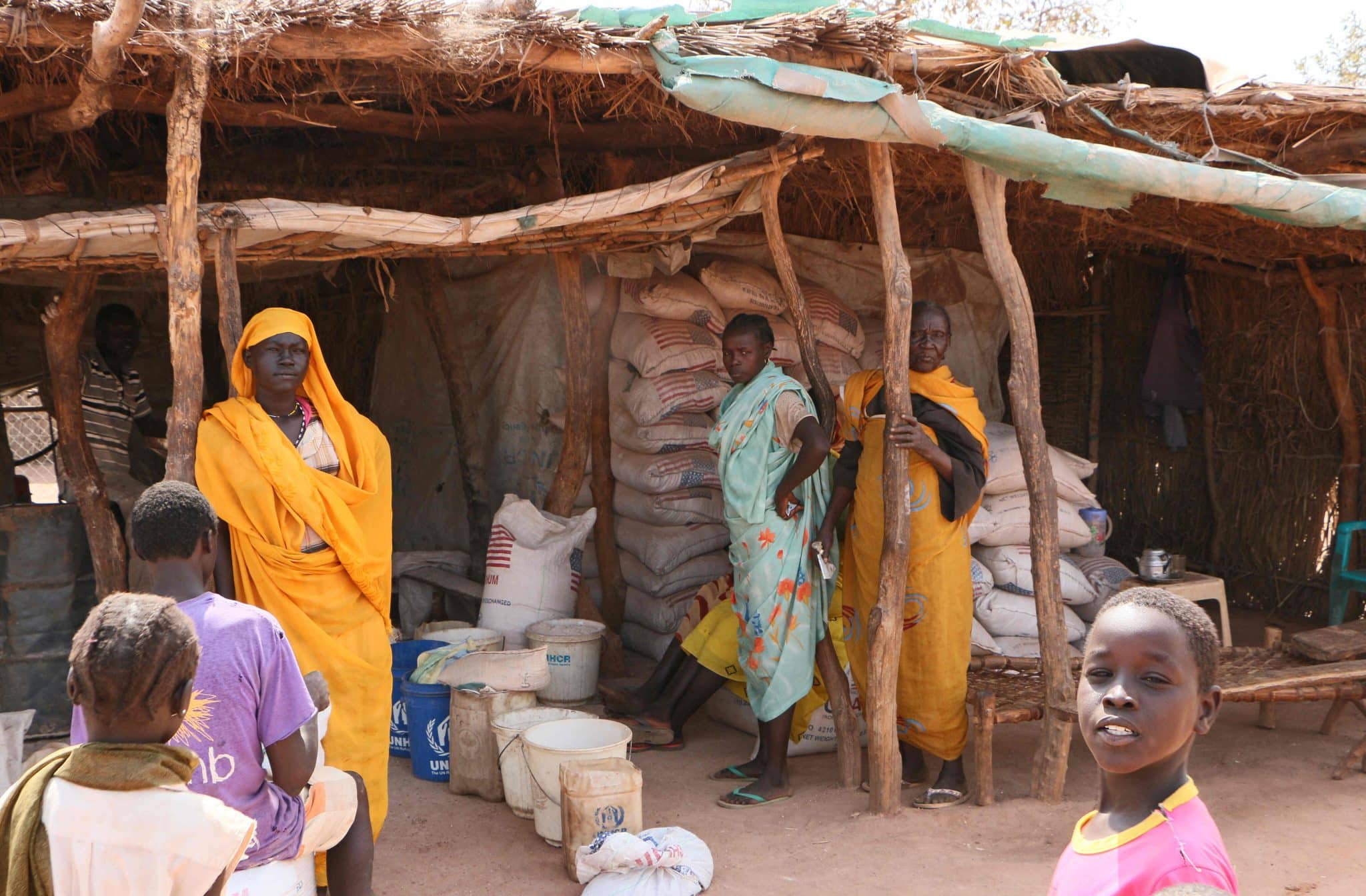
Women at a food distribution shed at a refugee camp for people from the Nuba Mountains in Sudan.
As a marginalised religious minority, Christians in this region are often the target of extremist attacks. For example, in Mali (#14), extremist groups have burned churches, kidnapped priests and expelled Christians from their homes, said the report.
In Niger (#28), Christian communities have also reported attacks on churches, forced conversions and destruction of property.
One of Open Doors’ recent research studies found that many displaced Christians face overcrowding, poor sanitation and lack of access to healthcare in displacement camps. They also can face discrimination in receiving humanitarian aid.
“If she returns, she believes she will be killed.”
A Nigerian woman named Salamatu shared that Boko Haram attacked the church in 2024, shooting the pastor and burning down the building. They also killed her husband and five others, and set their property on fire.
Salamatu had to drive to the next village to bury her husband, as extremists have been known to ambush and attack widows who try to bury their dead spouses.
While official aid is available to arable farmers in Nigeria, Salamatu and her family did not receive any food coupons when authorities found out that they are Christians.
After the attack on her village, she was forced to flee her home. “If she returns, she believes she will be killed,” said the report.
5. Persecuted Christians are still standing firm in the faith
In a section titled Stories of Resilience, the report shared a story of how Bedru (not his real name) and his family from Ethiopia (#33) stood firm in their faith despite persecution.
Their house and farm were burned down when they chose to become Christians. “We stood there (beside our burning house) singing, ‘King of Heaven and Earth, Lord, have mercy on us.’ Like that I prayed, holding my children together,” said Bedru.
“Despite all of this, my wife and I have never felt like leaving the faith. Even my children do not want to go back.”
While they were singing, his youngest son, then a toddler, was thrown into the flames. Thankfully, Bedru managed to rescue him.
Even after this ordeal, the community continued to persecute his family by pouring chemicals on their crops, stealing their yield and threatening to take his land.
“Despite all of this, my wife and I have never felt like leaving the faith. Even my children do not want to go back,” he said.
His wife’s relatives attempted to convince her to leave her husband and the Christian faith, promising that they would give her family a home and support as she raises her children.
“But I told them, ‘What God gives me is much better than what you promise me.'”
How you can pray
1 Corinthians 12:26 says that when one member of the body suffers, all suffer together.
As we remember our persecuted brothers- and sisters-in-Christ all over the world, will we join our hearts in prayer for them?
Pray that:
- God will strengthen all who are being persecuted for their faith.
- God will bring relief and comfort to those who have suffered and are suffering.
- Those who are persecuting the Church will encounter the Lord in personal ways and repent of their actions.
- The Church will continue to grow from strength to strength in these areas where Christianity is being suppressed.
Read the full World Watch List 2025 report here.
RELATED STORIES:
6 Southeast Asian countries where it’s most dangerous to follow Christ in 2023: A prayer guide
7 Southeast Asian countries where it’s most costly to follow Jesus: Will you pray?
We are an independent, non-profit organisation that relies on the generosity of our readers, such as yourself, to continue serving the kingdom. Every dollar donated goes directly back into our editorial coverage.
Would you consider partnering with us in our kingdom work by supporting us financially, either as a one-off donation, or a recurring pledge?
Support Salt&Light